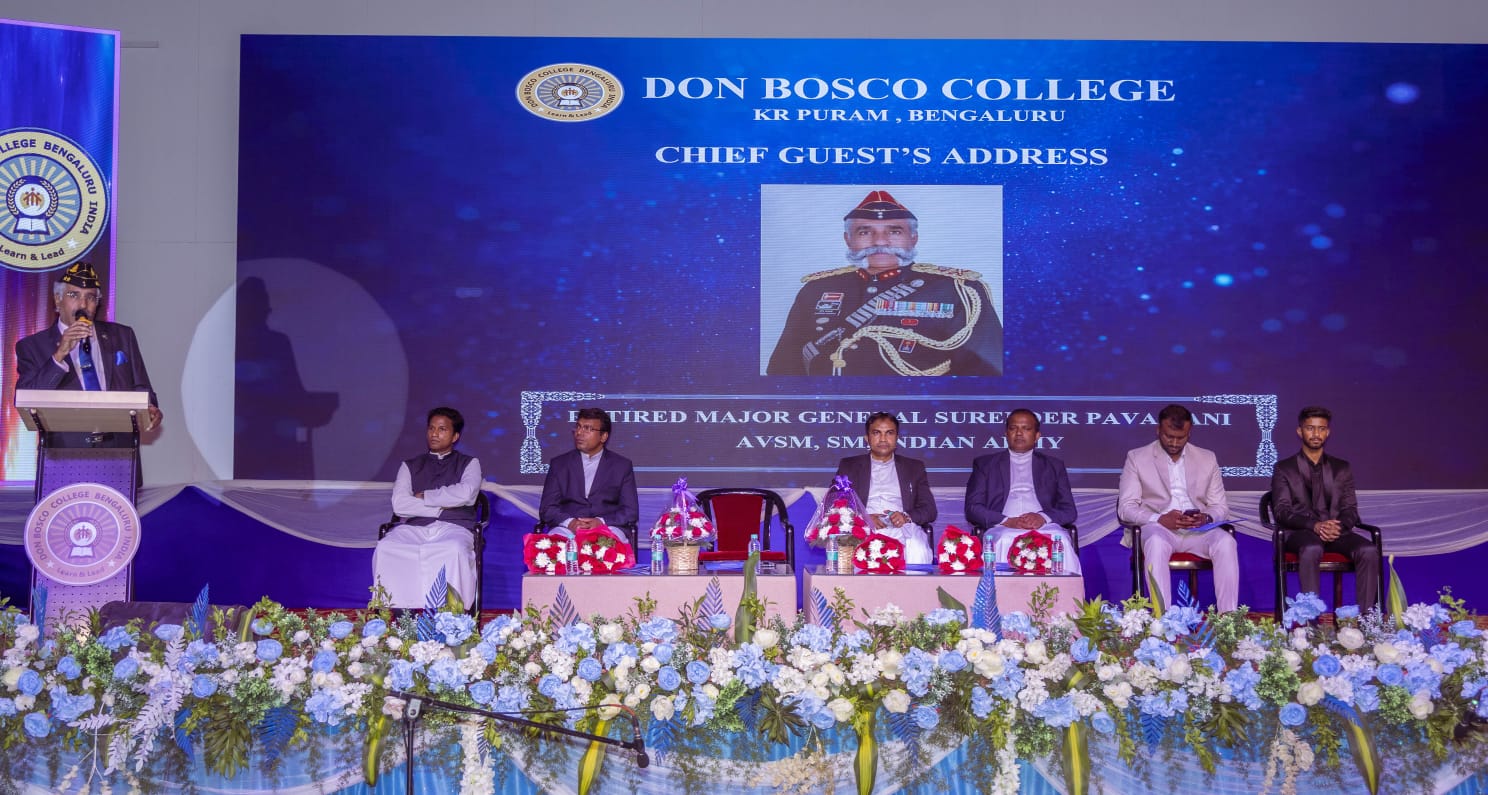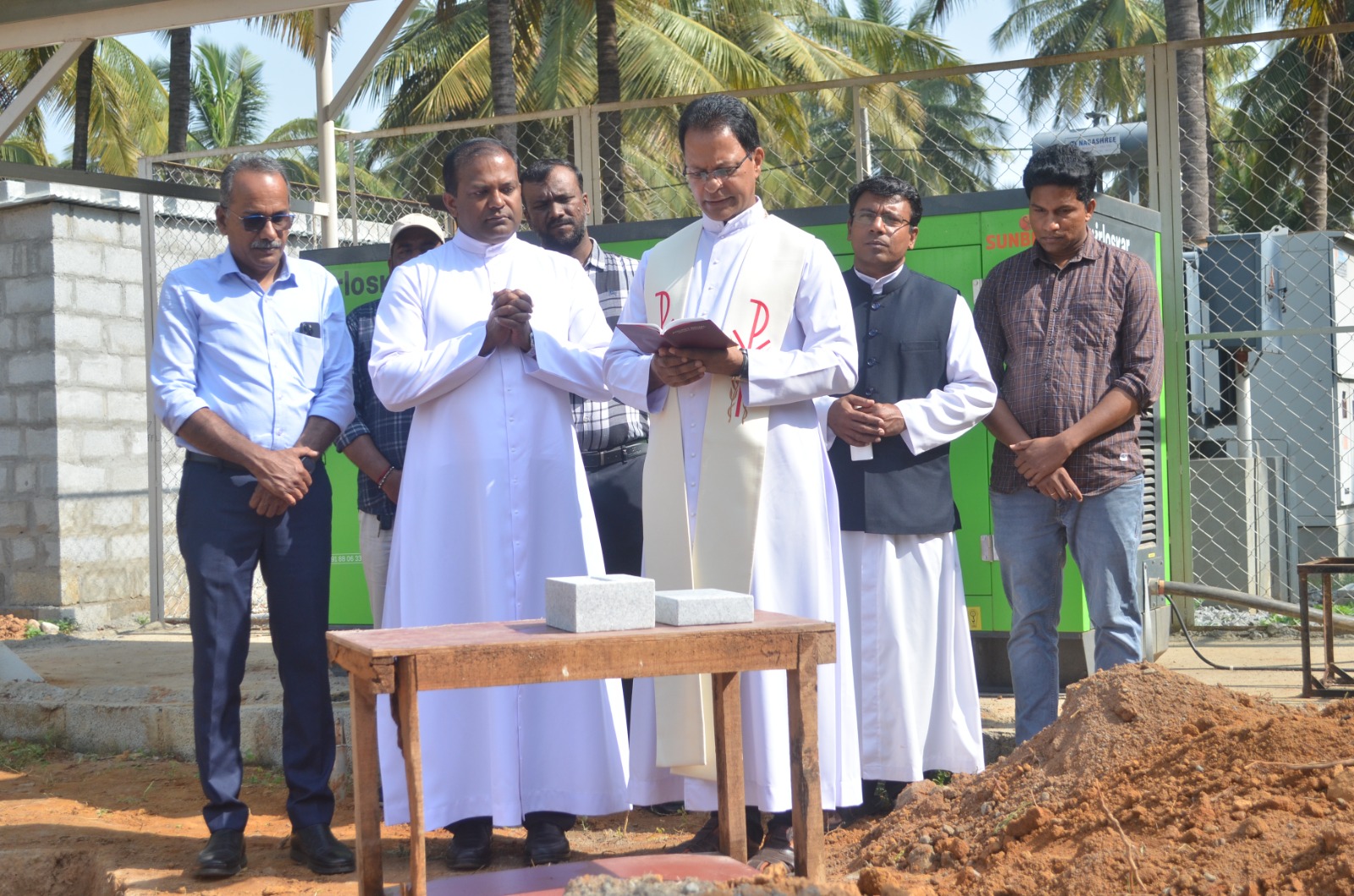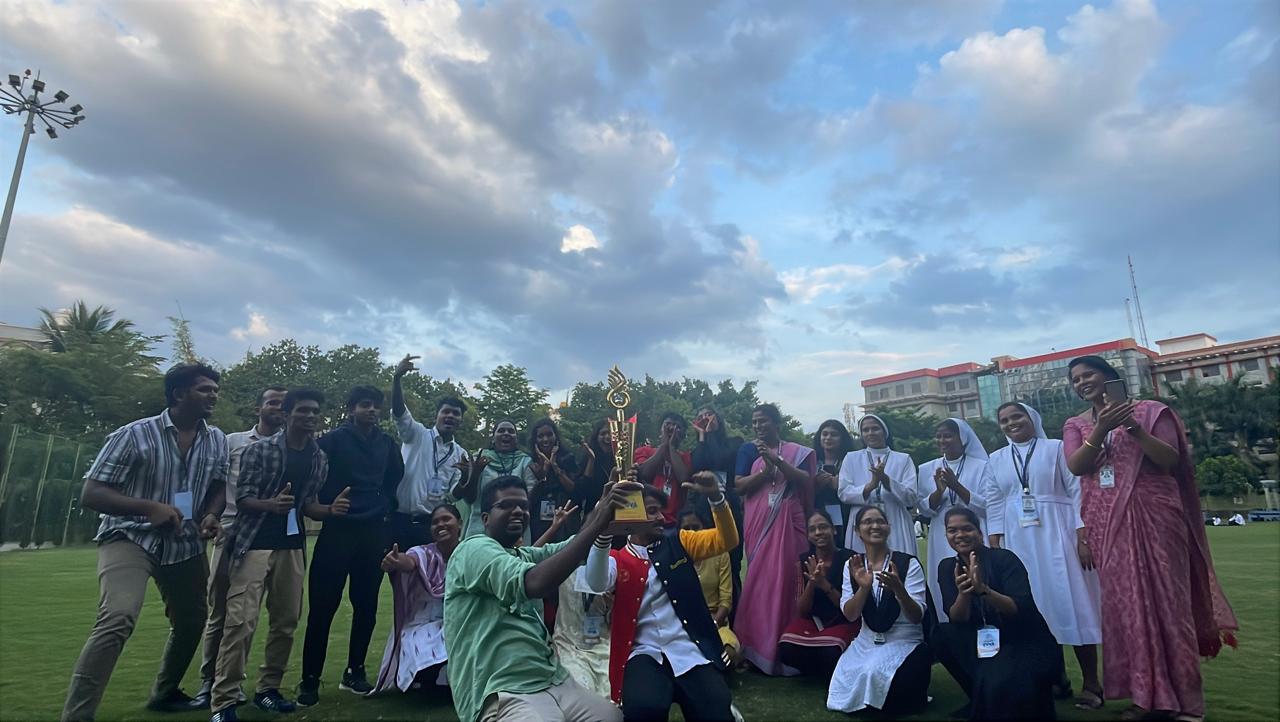


Roads are an essential part of everyday life, serving as pathways that connect people to work, education, and social activities. However, poor road conditions pose serious risks to safety and health. Recognizing this, the Department of Social Work at Don Bosco College, KR Puram, initiated the ‘Good Road, Better Lives’ campaign to address the deteriorating condition of the road from St. Anthony’s Church to TC Palya Signal.
A Road in Crisis
The current state of this road is alarming, with multiple potholes, broken pavements, and excessive dust caused by vehicular movement. These conditions create significant safety concerns for the 10,000+ students from various schools and colleges in the vicinity, as well as for local residents and business owners. Reports from the World Health Organization’s 2018 ‘Global Status Report on Road Safety’ and the 2019 study ‘Air Pollution and Respiratory Health’ highlight that poor road infrastructure not only increases traffic-related injuries but also contributes to respiratory diseases like asthma and bronchitis.
Taking Action: The Campaign’s Impact
Students from both Undergraduate and Postgraduate programs took to the streets, engaging with community members, shop owners, and pedestrians to raise awareness about the issue. Holding placards with slogans demanding better roads, they highlighted the dangers posed by the broken sidewalks and potholes. Shop owners, particularly bakery owners, reported a decline in business due to dust pollution, further reinforcing the urgency of road repairs.
Simultaneously, students encouraged others to lodge complaints through the BBMP Mobile App ‘Fix Pothole’, leading to over 50 complaints being registered in just one week. The campaign’s momentum also drew attention from prominent media houses such as Malayala Manorama, Mathrubhumi, Prajavani, and The Times of India, amplifying the demand for action.
The Road Ahead
Encouraged by the small changes taking place, the students remain committed to pushing for complete road restoration. The next phase of the campaign involves a signature drive, uniting the local community in a collective call for safer infrastructure. In a democratic society, it is the right and responsibility of citizens to demand better living conditions. If passive acceptance continues, the culture of ‘Svalpa Adjust Madi’ will persist, preventing real progress. The ‘Good Road, Better Lives’ campaign exemplifies the power of social action. With collective effort, we can ensure safer roads and a better quality of life for everyone. Change is possible—but only if we stand together.







